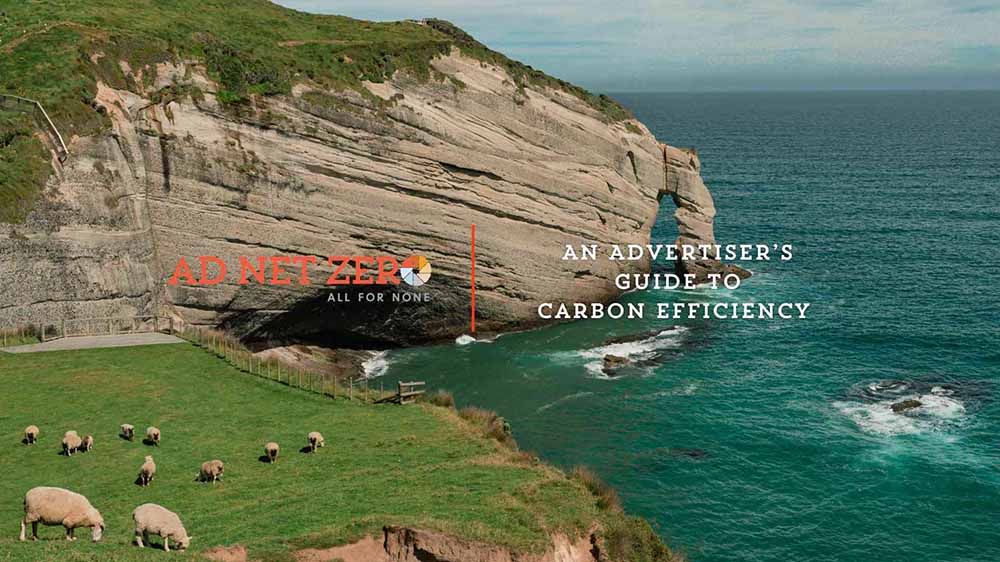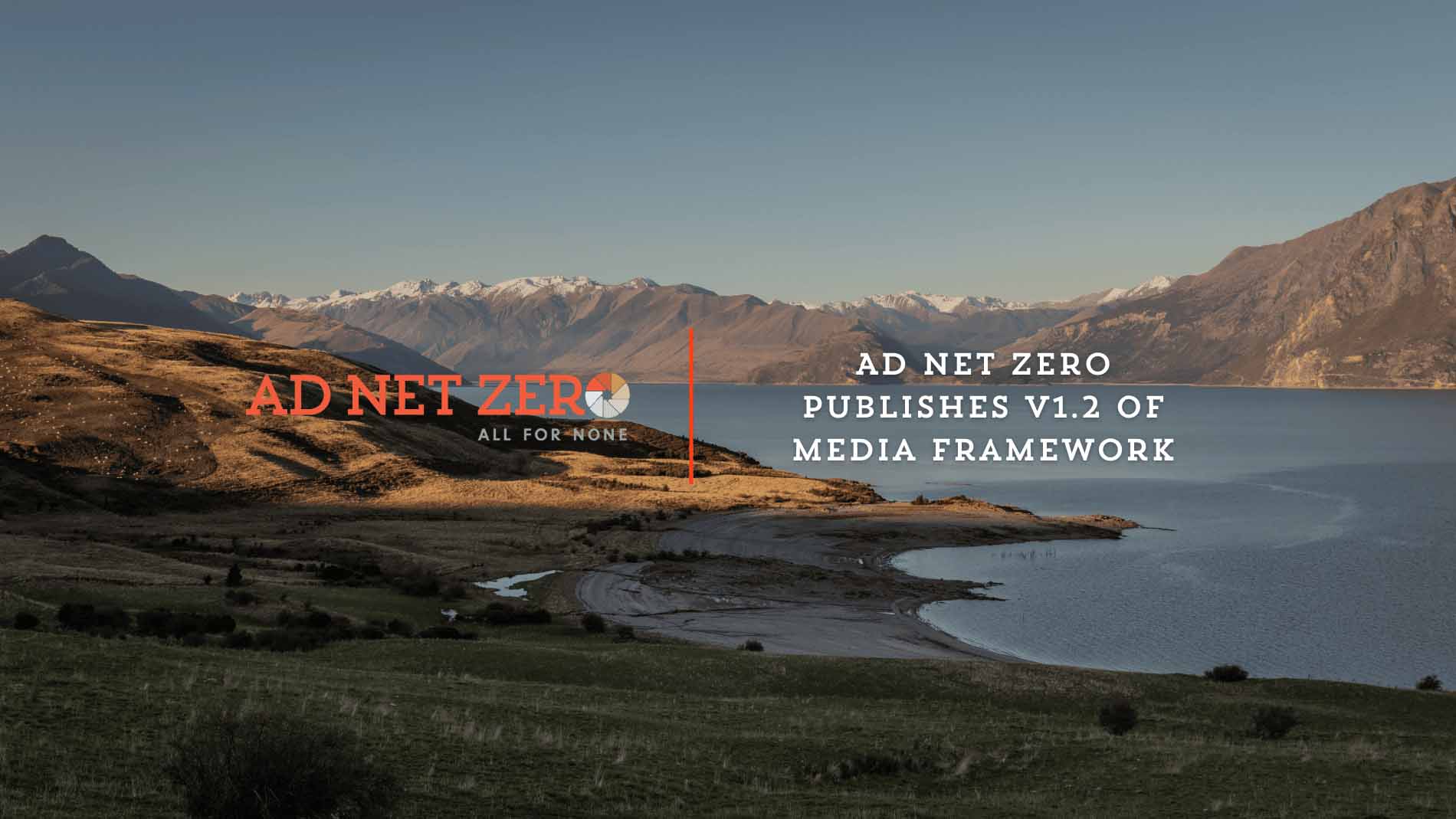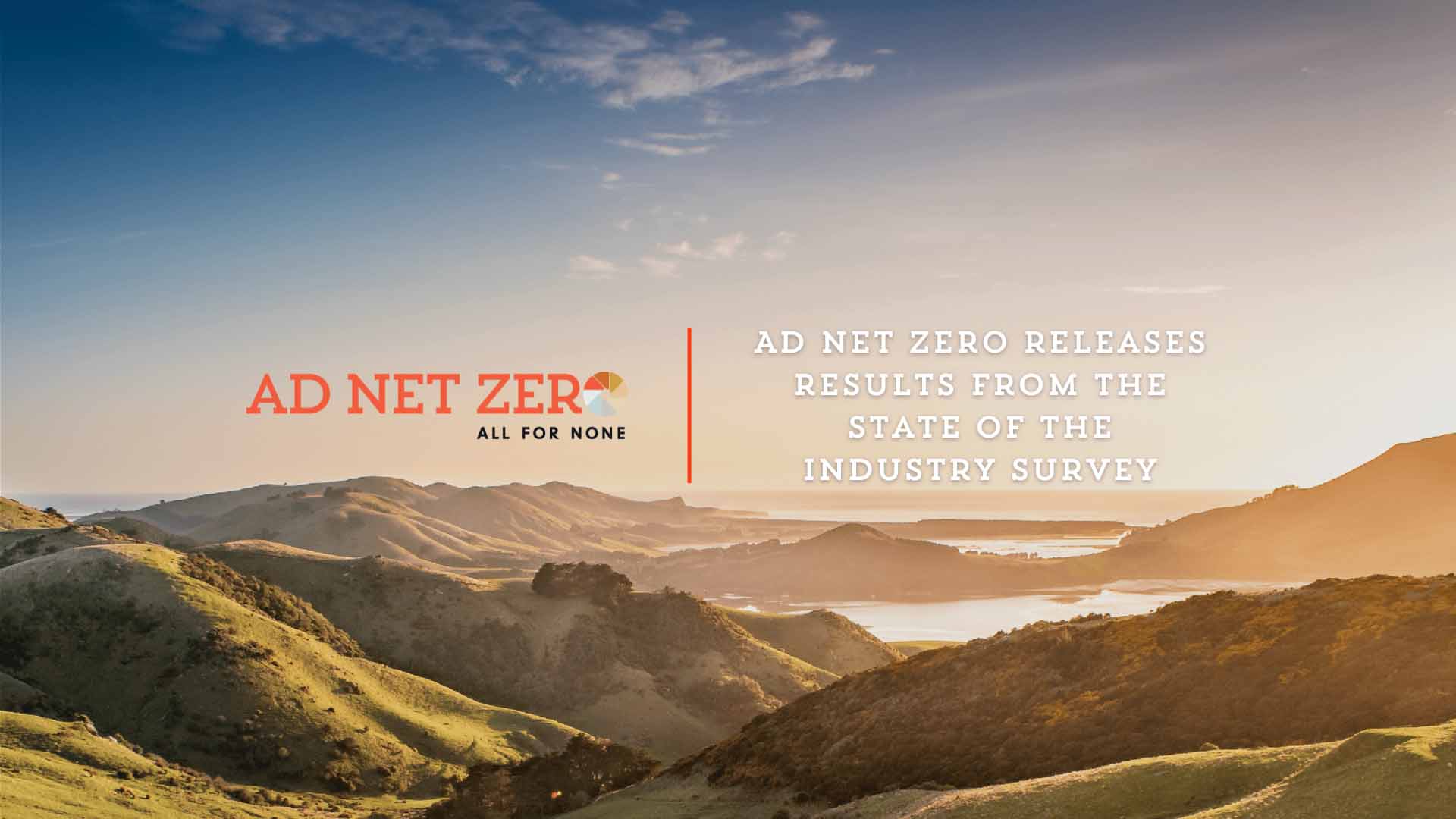An Advertiser’s Guide to Carbon Efficiency
Jul 29, 2025

New Zealand advertisers now have a practical, proven toolkit to be carbon efficient—without compromising budget or performance. Released today by Ad Net Zero Aotearoa, “An Advertiser’s Guide to Carbon Efficiency” outlines ten practical, low-barrier initiatives that can be adopted by brands and agencies today to decarbonise their advertising, while delivering cost savings, improved campaign results, stronger supplier partnerships, and engaged customers.
“Too often, sustainability is treated as a trade-off,” says Lindsay Mouat, CEO of the Association of New Zealand Advertisers. “This guide demonstrates that brands who optimise their advertising can not only cut emissions—but reduce costs and improve performance.”
The guide also discusses how emissions from advertising are often unaccounted for, and many brands with a high relative media investment are shocked to learn how material they really are once they’ve measured.
“This report is a wake-up call for agencies, advertisers, and production partners,” says Simon Lendrum, CEO of the Commercial Communications Council. “We’ve made great progress on sustainable products and services—now it’s time to deliver on sustainable marketing. These ten actions should become the industry standard.”
More than just ideas, the ten initiatives are actionable best practices, supported by tools, templates, and real-world case studies from brands like One NZ.
“This report is about accelerating change by making it easy,” says Jennifer Gunn, Head of Sustainability for Comms Council and Ad Net Zero. “A marketing team could read the guide over morning coffee and take meaningful action by lunch. Start by piloting just one initiative.”
Ad Net Zero Aotearoa is calling on advertisers, creatives, media planners, and producers to lead this shift by downloading the guide and embedding them as best practice across their campaigns.



